
When the economy wobbles, survival isn’t just about dollars—it’s about what you can actually do. Skills become the real currency, turning everyday know-how into a lifeline. Ready to swap panic for preparation and put independence back in your own hands? Let’s dig into the tools that outlast downturns!
Basic Medical First Aid
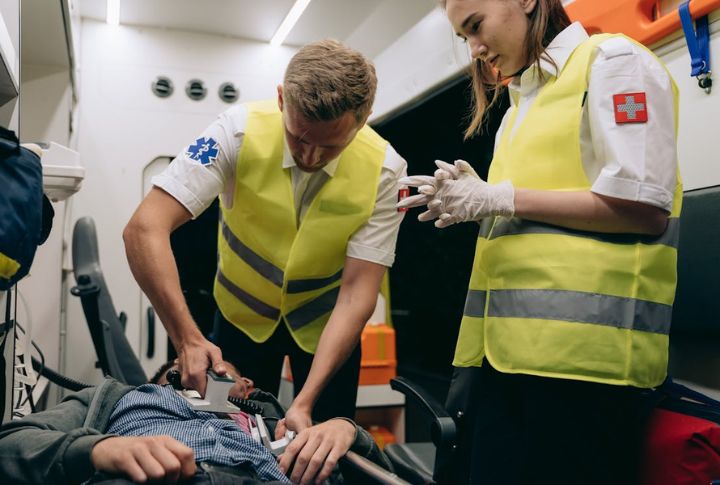
A strong foundation in first aid proves invaluable when professional medical care becomes scarce. The American Red Cross considers these skills vital for survival scenarios. Learning to handle injuries and trauma empowers people to care for their families while serving as reliable community helpers during difficult times.
Gardening & Food Production
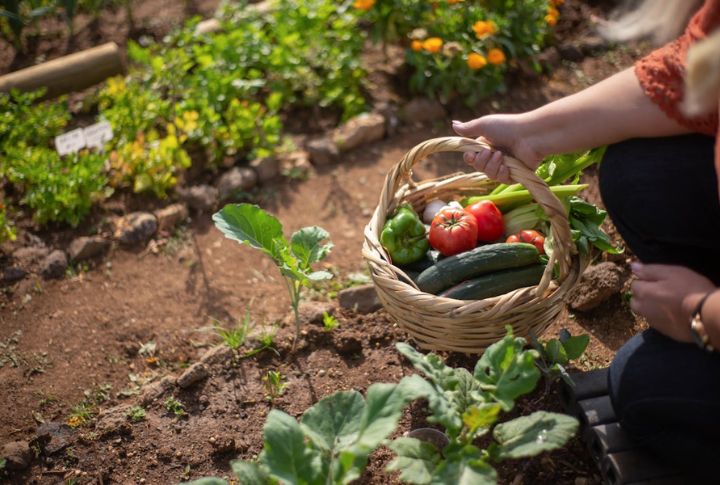
A backyard garden acts as personal insurance against economic instability. The ability to grow vegetables and easy-to-garden fruits provides sustainable food access when supply chains falter. Shared gardens multiply these benefits by creating networks for sharing resources and knowledge. You can even bank upon them to provide basic food in times of natural calamities as well.
Budgeting & Personal Finance Management

Sound financial management protects families during national financial distress when an emergency fund serves as a crucial buffer against unexpected expenses. Regular budget monitoring also helps control unnecessary spending, and reducing debt levels strengthens financial security. You can earn additional income through side work, which provides extra financial stability, too.
Carpentry & Home Repairs
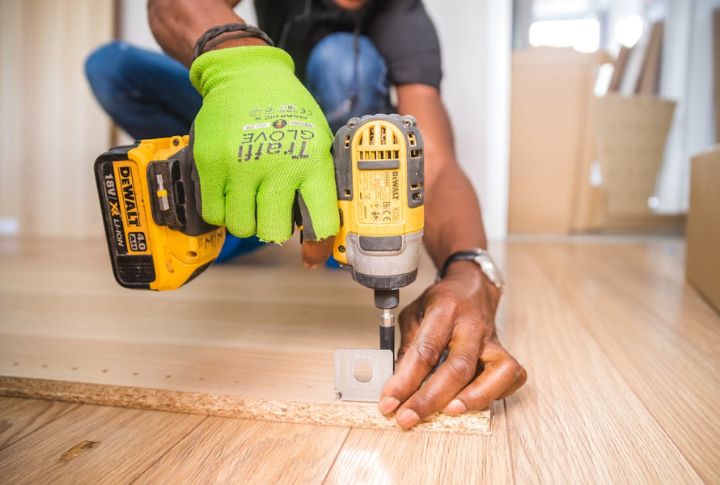
Basic carpentry and home maintenance skills offer a practical solution. Knowing how to fix a broken lock or repair a leaky faucet saves money that can be put to a more productive use. Additionally, these abilities help ensure the shelter remains safe and functional.
Bartering & Negotiation

The ancient practice of bartering becomes vital at such times. Strong negotiation skills help secure better deals when trading goods and services, while practical abilities like clothing repair or bread-making become valuable currency. The process also builds community bonds as people support each other through resource exchanges and mutual assistance.
Sewing & Clothing Repair
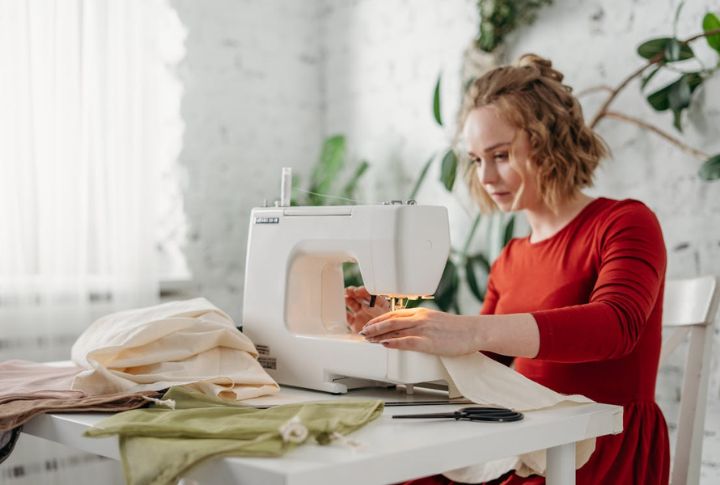
A rip in your favorite jeans doesn’t have to mean buying new ones. Simple sewing techniques help maintain a functional wardrobe without extra expenses. So, when money gets tight, the expertise to repair and alter clothing becomes essential. Plus, these skills can be exchanged for other needed services.
Food Preservation

Clever food preservation tactics provide essential security during tough economic times. Traditional methods like canning fruits and fermenting vegetables further allow families to build up lasting food reserves. Some products even stay fresh for 25 years, which can be used to sustain a small-time business.
Electrical Repair
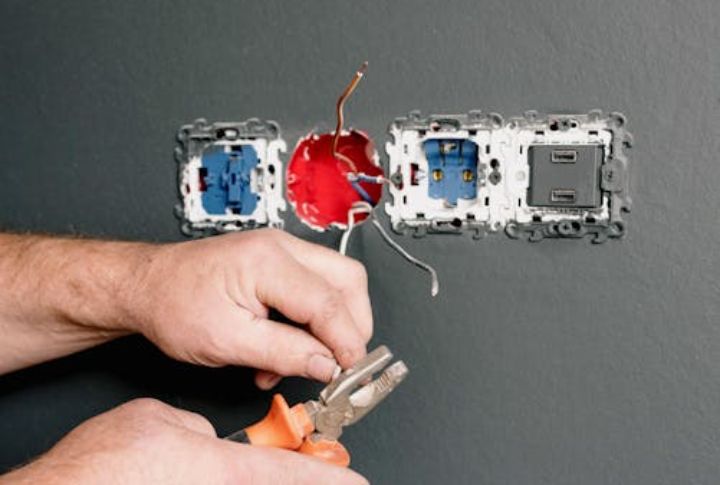
A homeowner who can repair light switches and restore power to important appliances avoids costly service calls. Understanding electrical systems also helps families adapt to shortages and maintain essential home functions during economic stress and power outages at the time of natural disasters.
Cooking From Scratch

With time, the art of cooking from scratch has gone by the wayside in the new age generation. This skill, however, converts simple, affordable ingredients into nutritious dishes while slashing grocery expenses. In fact, homemade breads and meals offer both health benefits and substantial savings.
Emergency Energy Solutions
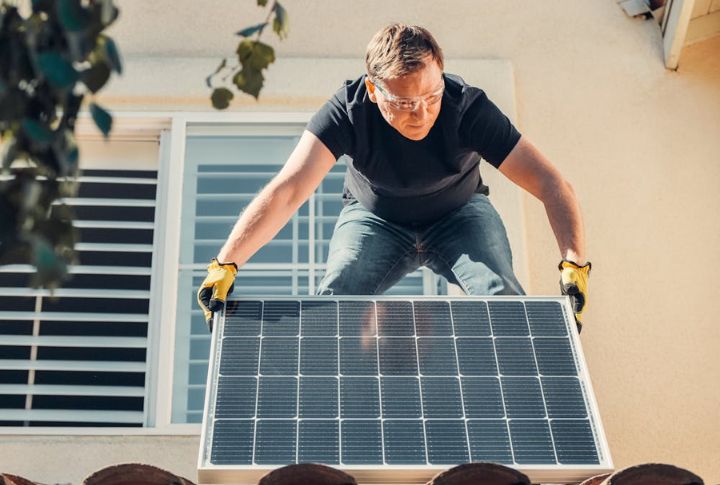
During tough economic times, power self-sufficiency becomes vital for household survival. Solar panel systems offer sustainable, long-term energy solutions, while generators provide immediate backup power. Thoughtful preparation includes learning basic maintenance and keeping food supplies that don’t require electricity for preparation.
